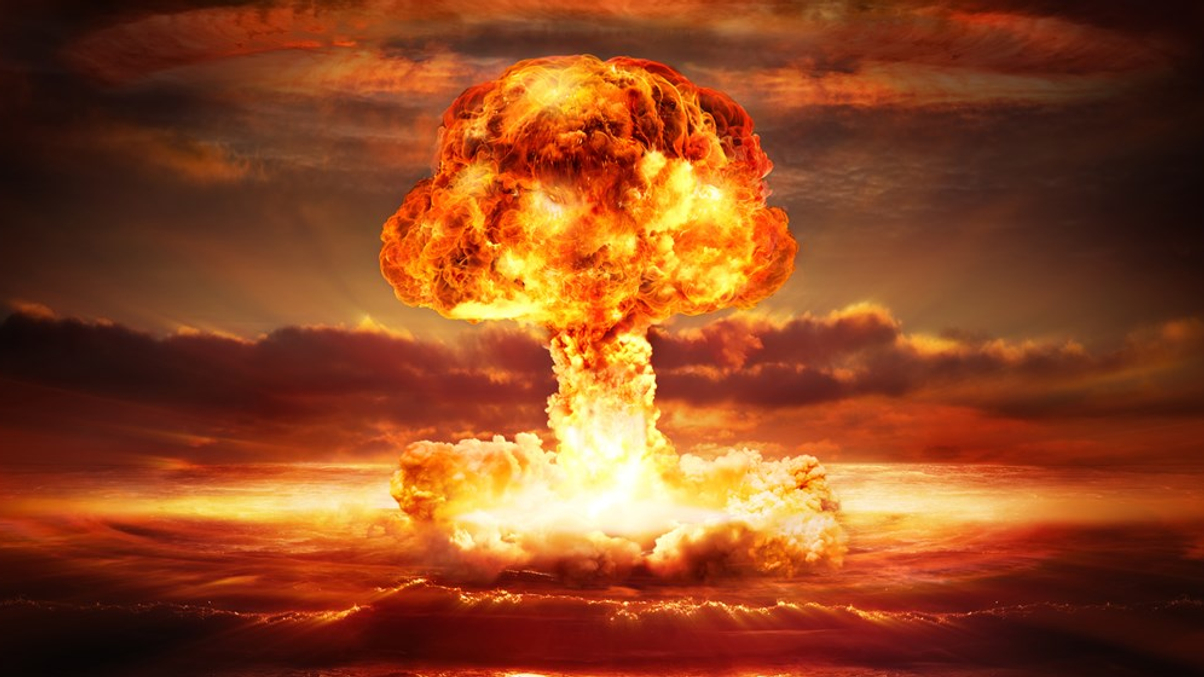Investors urged to stay cool as Korea crisis escalates
Geopolitics often jolt markets but the impact is usually limited. Despite the high stakes, investors should remain calm in the wake of escalating US-North Korea tensions, say experts.

Were nuclear war to break out then all bets would probably be off but short of that investors may be worrying too much about the US-North Korea standoff, as market meltdowns caused by geopolitical shocks tend to be short-lived and a well-diversified portfolio is often a dependable line of defence.
Sign in to read on!
Registered users get 2 free articles in 30 days.
Subscribers have full unlimited access to AsianInvestor
Not signed up? New users get 2 free articles per month, plus a 7-day unlimited free trial.
¬ Haymarket Media Limited. All rights reserved.


